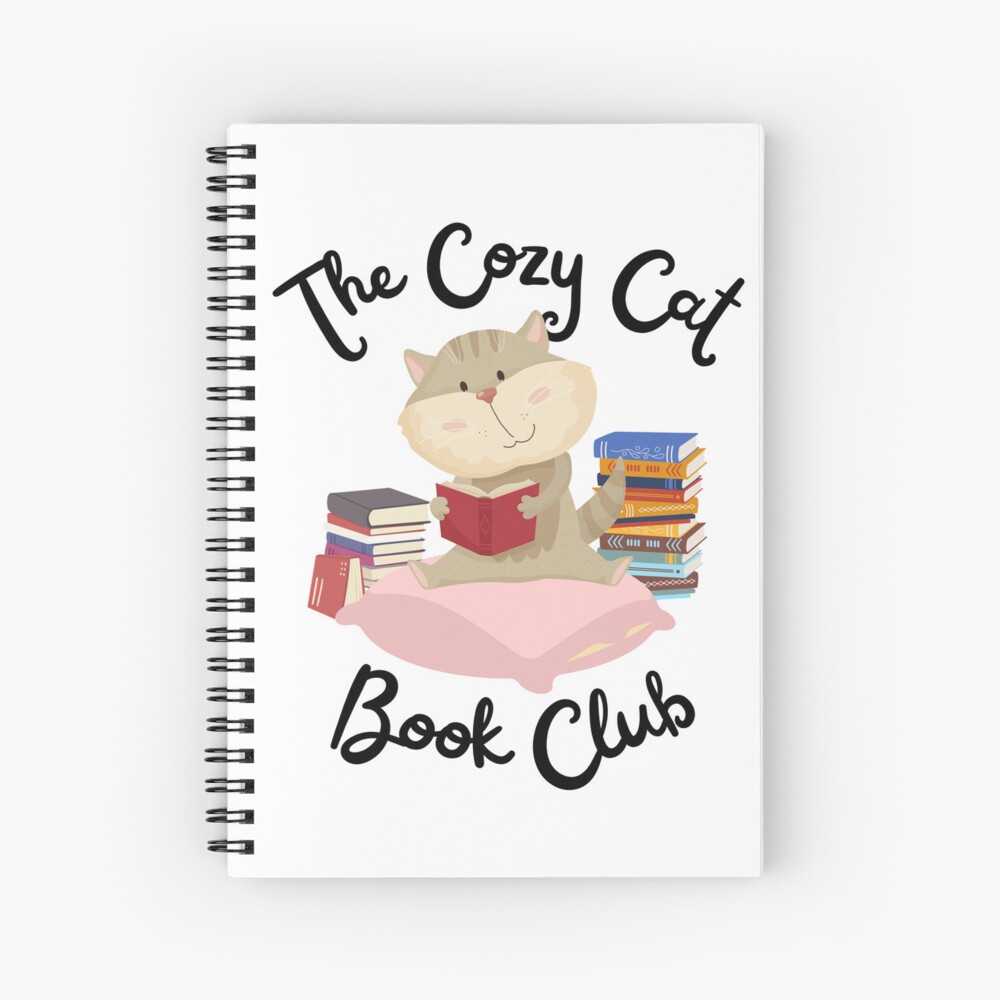More busy days with my day-job, so I’m sorry these blog posts are coming slowly. But not it’s Friday night, work is over for the week, laundry is folded — almost — and I’m sitting in front of Becoming Jane, laptop on my lap and glass of wine by my side. Ahhh
Here’s number two of my posts from the North Texas SCBWI conference last weekend. Illustrator David Diaz, who won the Caldecott Medal (and he told us it is an actual medal, that’s quite heavy) for the picture book Smoky Night, talked about writer’s block and what he called, “spanking the muse.”
David’s amusing talk gave some interesting insight in the ways in which writers and illustrators deal with those times when they have trouble creating. Prior to the conference, he did a (non)scientific study on Facebook and found that many creative types use many things to bring on the muse, with alcohol rated quite high.
But from David’s advice from the study, here are a few tips:
- Focus – on what you’re trying to achieve
- Change your medium – write with pen and paper if you’re used to a computer
- Slow down or speed up – too much technique can kill creativity; let it flow
- Move your butt – go for a walk or something to change your environment
- Feed your head – nurture your inner creative person by providing creative things (David said he spends much time combing magazines for inspiration)
- Embrace your inner dinker – allow yourself the freedom to dinker (David’s word for procrastinate) as long it opens you up to let the muse come in
David showed a number of quotes about the muse, and here are my two favorites:
“One reason I don’t suffer writer’s block is that I don’t wait for the muse. I summon her at need.” — Piers Anthony
“I have a wonderful muse called alimony.” — Dick Shaap
🙂
I love both of these, and I think they both have the same message: Make your own muse.
I’m going off David’s talk now, but I’m a believer making your own muse. I used to write whenever I had the time, and I got writer’s block often. But since I made the commitment to write every day, writer’s block hasn’t been as much of a problem, and my muse mostly stays close by. To me, the muse will give to you whatever you give to her (him or it). Inspiration comes when you’re living your story, writing every day and keeping the characters in your head as much as often when you’re not actively writing. Do that, and you’ll always have somewhere to go in the story, because your characters will always be taking you somewhere.
Robert McKee, author of Story, said the key to overcoming writer’s block is research. For me, whether you’re actually researching some aspect of your story or simply thinking about your story and actively writing, it’s one and the same. Both keep your muse at your side.
One of the best talks I’ve seen on creativity (as well as David’s, of course) is from Elizabeth Gilbert, author of Eat, Love, Pray. I’ve linked to it before, but I think it’s worth mentioning again. And this time I found the code so I could actually embed the video. It’s about 20 minutes, but it’s worth watching; you won’t be disappointed.
How’s your muse treating you?
Write On!







One Response
Hi Samantha,
Thanks for this post. I agree that it is important to keep writing for any amount of time consistently. I have a quote taped over my computer from the motivational speaker Barbara Sher that says “Moods are very short, projects are very long.” This reminds me that I can write no matter what mood I’m in.
Come visit me when you get a chance. I’m a creativity coach, yoga teacher, professor and write a blog, ‘The Practice of Creativity’: http://micheleberger.wordpress.com/
Best,
Michele Tracy Berger
Comments are closed.